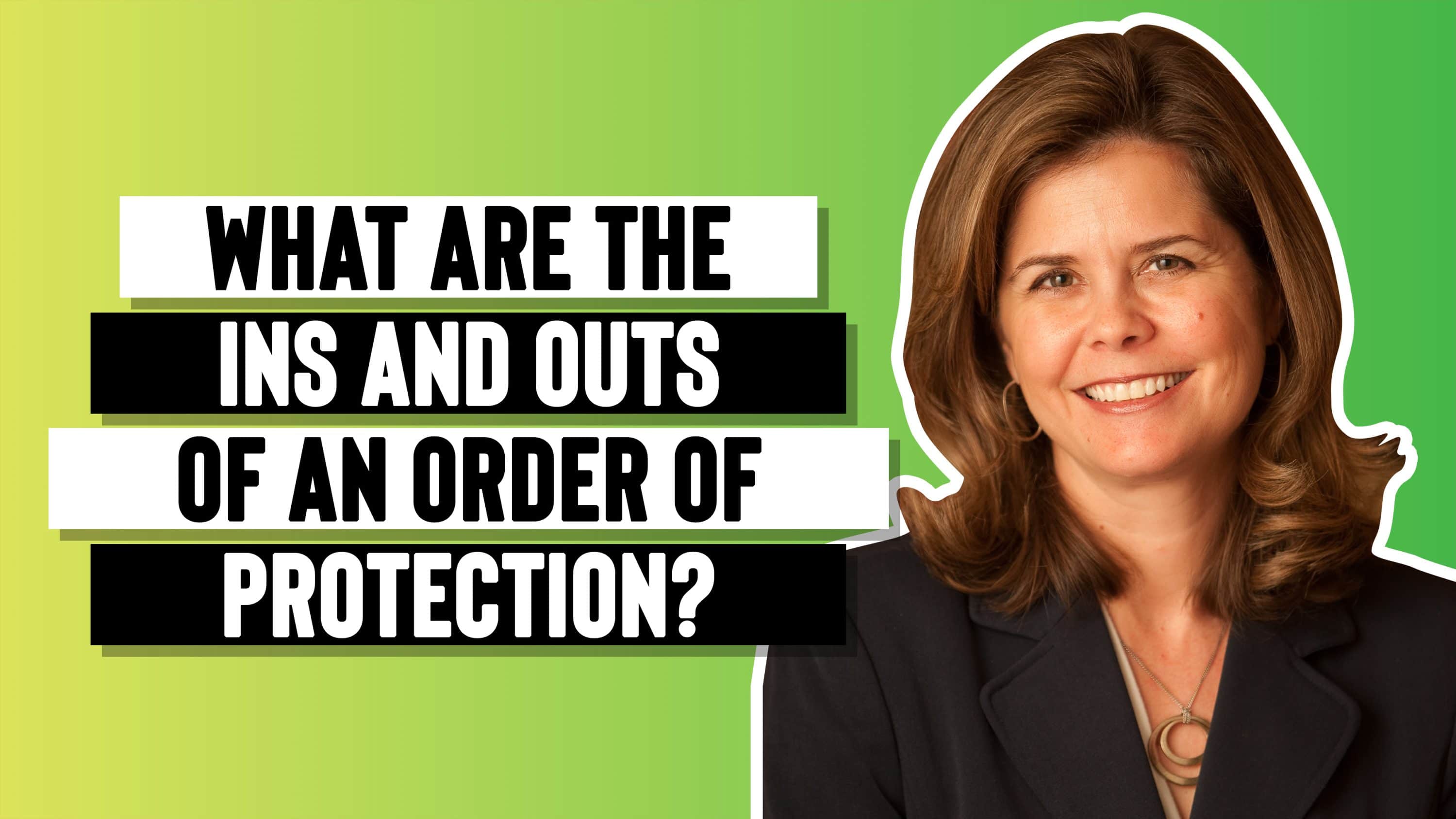
What are the Ins and Outs of an Order of Protection?
People who have had issues with others in the past may seek to protect themselves by asking for relief in court. The judge can grant either an order of protection or injunction against harassment, depending on the relationship of the parties involved in the case.
An order of protection has strict rules that need to be followed to prevent a violation. But in order to understand what it covers, its definition must first be understood.
What is an Order of Protection?
An order of protection is a court order that prohibits a person from having any form of contact with another. When someone is on the receiving end of an order of protection, they cannot meet the person who took out the order in person or reach out to them by phone.
For an order of protection to go into effect, it needs to be served. After service, it is valid for one year. The person served with an order of protection can challenge the order and request a hearing to contest it.
Order of Protection vs. Injunction Against Harassment
An alternative to an order of protection is an injunction against harassment. While they both have the same effect of prohibiting contact, they involve different types of relationships between the parties.
An order of protection applies to relationships between family members or domestic partnerships. On the other hand, an injunction against harassment is given when the case involves third persons without domestic or familial relationships with each other.
Is it a Violation if the Person Who Took Out the Order Made First Contact?
There are some cases wherein the person who took out the order is the one who initiates contact with the person who has been served. While this may not seem like a violation, it is actually part of the contact prohibition and can be a basis for a charge for violating an order of protection.
If the person who took out the order wants to remove it, they need to go to court to modify the order of protection or dismiss it altogether.
Latest Posts
What Should I Do If I’m Incarcerated and Owe Child Support?
A parent with a child support order must pay the amount decreed. If they cannot, for example, if they are in jail, the obligation to pay child support does...
Can I Get My Civil Rights Restored in Arizona If I am a First-Time Felony Offender?
Arizona laws are stricter than most states when it comes to the civil rights of a felony offender. When someone is convicted of a felony, they lose their...

